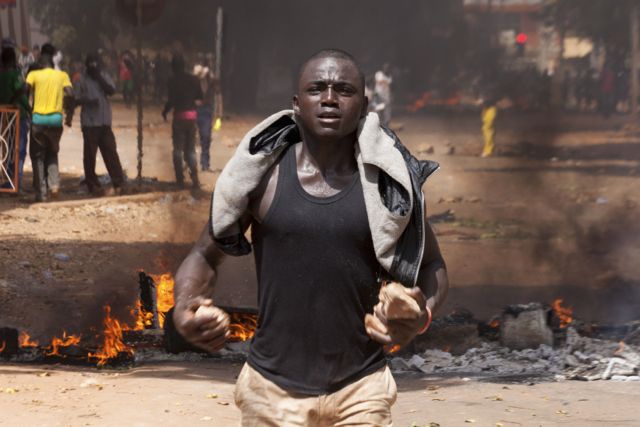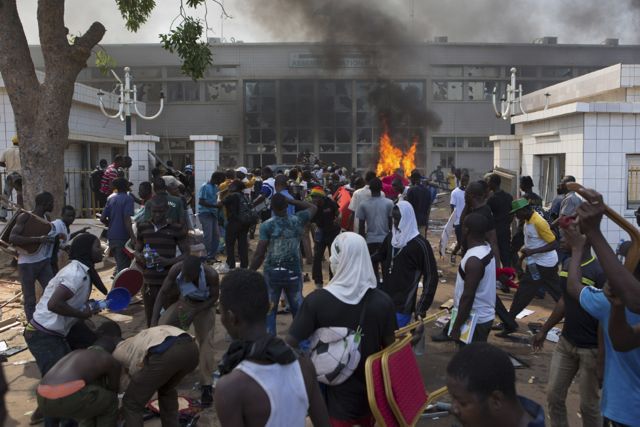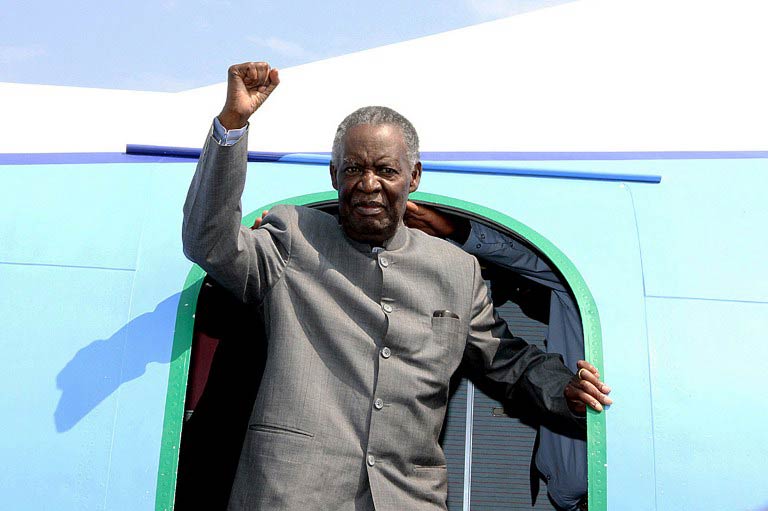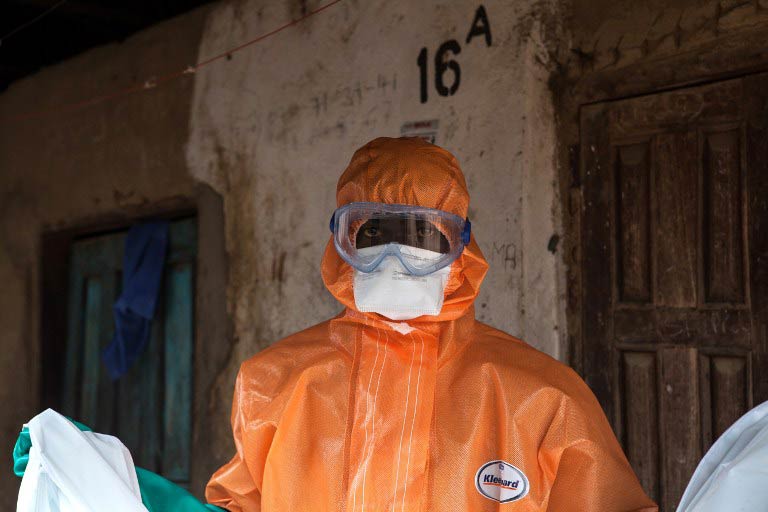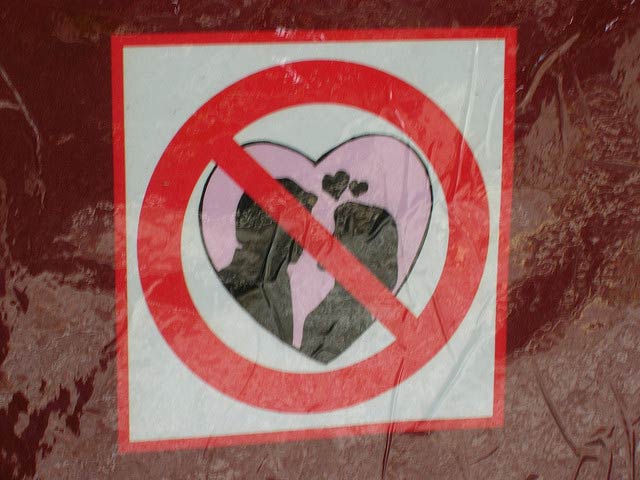It has been a vexing problem for courtesans of queens, princesses and the powerful throughout history – what do you get for the woman who has everything?
For the guests celebrating the 76th birthday of Liberia’s President Ellen Johnson Sirleaf, the answer was straightforward: a few buckets, some bars of soap and gallons of disinfectant.
A head-of-state might normally blanche at such a thrifty tribute, but Ebola-hit Liberia is living in strange times and Sirleaf was more than happy, according to an official statement on Thursday’s celebrations.
“She noted that the commemoration of her birthday should be a moment of reflection for all Liberians and partners standing up together in the difficult period to fight the Ebola,” Sirleaf’s office said, expounding at length on the austerity of the occasion.
The gift came from an association of former pupils who had travelled from an agricultural school 70 kilometres east of the capital Monrovia to wish their leader many happy returns.
“We will join the government in fighting and driving away this pandemic that has attempted to devastate our country – but our country will not be devastated,” alumni representative Kenneth Best said in a stirring speech quoted by the presidency.
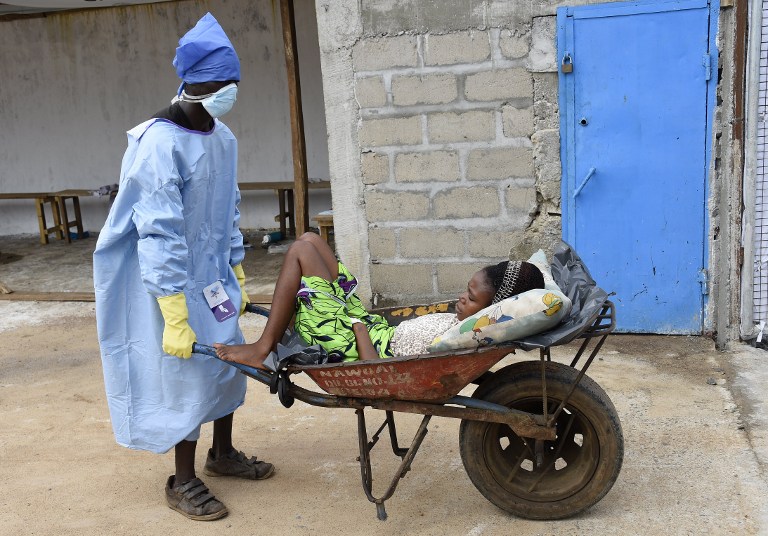
If Sirleaf didn’t feel like breaking out the champagne, it is hardly surprising. Her government is leading the fight against an Ebola epidemic that has killed almost 5 000 people in west Africa, around half of them in Liberia.
Her office was at pains to point out that the presidential birthday was a time for sombre reflection rather than wild celebration.
Sirleaf received well-wishers throughout the day in her austere office in the Foreign Ministry, including members of her cabinet, the chief justice and senior officials in the governor of the central bank.
But it wasn’t all doom and gloom, for the gathered guests, who recited poems and belted out birthday songs, according to the presidency.
One senator even brought news that he had managed to sign four financial bills into his county’s local laws, “as a present for the Liberian leader’s natal day”.
Alpha Kappa Alpha Sorority, a US-based worldwide association of African-American female students and its male equivalent, Alpha Phi Alpha Fraternity, presented Sirleaf with a cake decorated with a presidential portrait.

